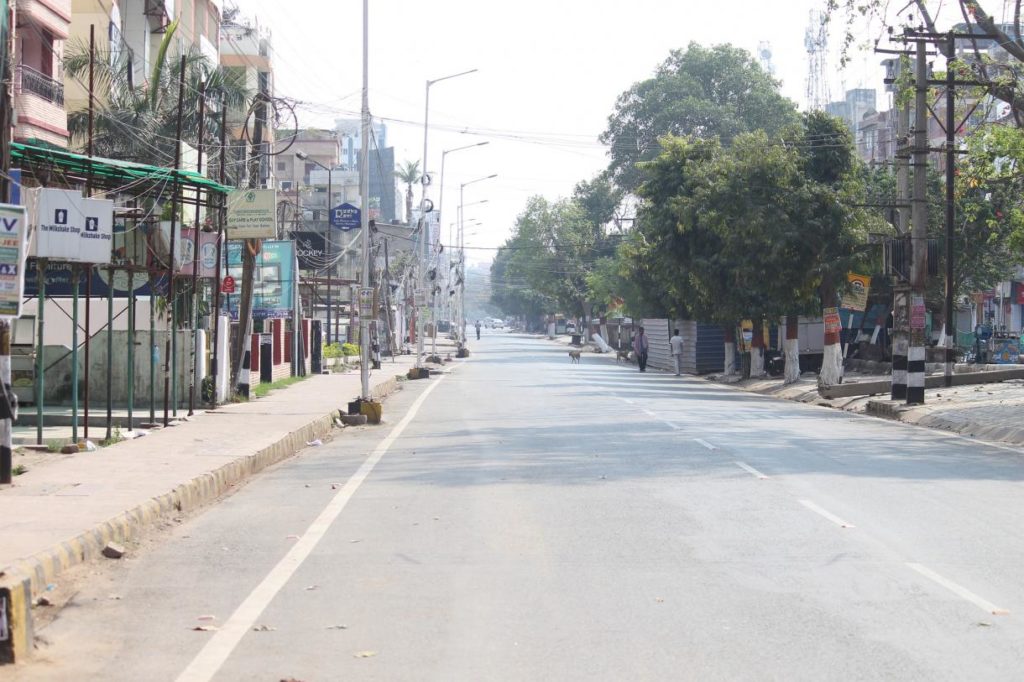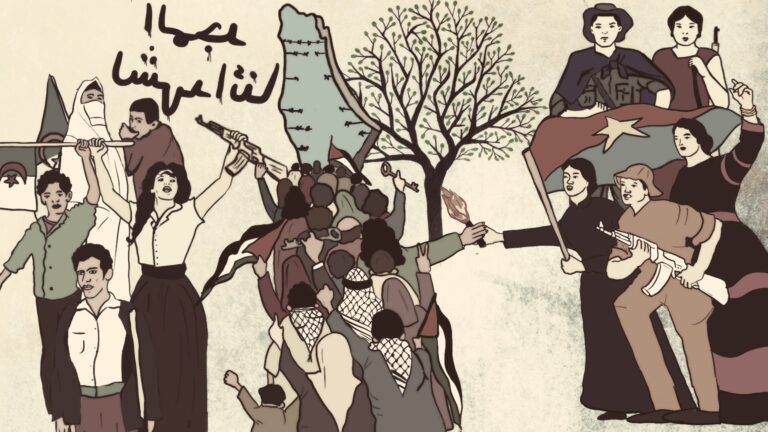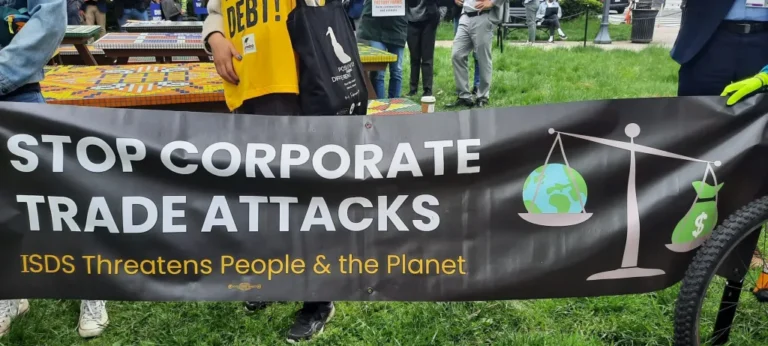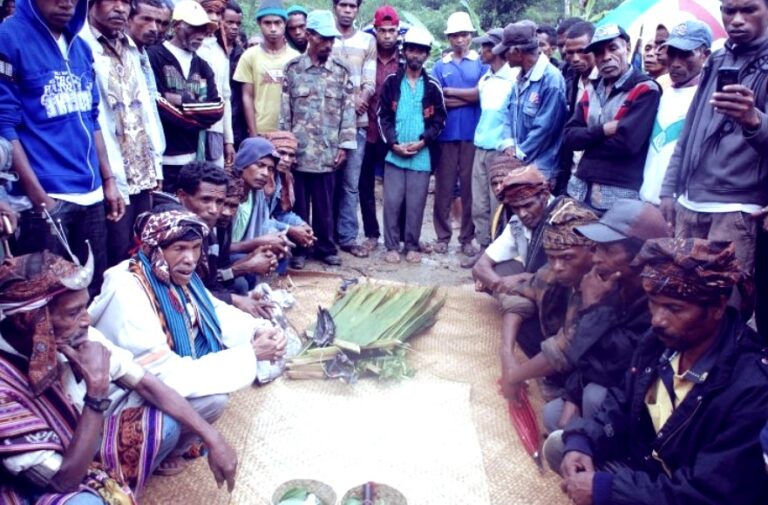by Madhuresh Kumar
India, a country with a population of 1.3 billion, has a terrible health infrastructure with an estimated 0.55 beds per 1,000 people in public hospitals and approximately 50,000 ventilator facilities. A global human development index rating of 129, the country has an infant mortality rate of 31 deaths per 1000 people and ranked 102 on the global hunger index despite having the most billionaires in the world. India is one of the most unequal countries in the world, ranking 122 in the global inequality index.
According to data released by the Ministry of Health and Family Affairs, as on 22 November 2020, the number of active Coronavirus cases is 4,40,962 and so far 85,21,617 people have been reported to have recovered from the disease. Overall, 1,33,227 deaths have been recorded so far in the hospitals, though many non-hospital deaths remain unrecorded. The government further claimed a recovery rate of 93.69 percent and a low fatality rate of 1.46 percent, taking credit for its effective handling of the crisis. These numbers have been challenged by health experts and non-government agencies largely due to non-reporting, faulty data collection mechanisms and an attempt at hiding the corona related deaths. For the first two months of the outbreak in India, the number of counted corona related deaths were extremely low because there were barely any testing facilities in the country, although today 1.2 million tests are done daily. The capacity has seen progressive rise from about 10,000 tests until 8 April, 1 million by 3 May; 5 million by 10 June; 10 million by 7 July; and now about 60.4 million tests, as per the government data.
Government Response, Planned Chaos and Confusion
With the prevention quarantine and lockdown measures in different parts of the world, India imposed strict lockdown measures on March 23rd, which was extended on April 14, May 3 and then on May 17. From June 1st the specifics of unlock and lockdown measures have been left to individual state governments. The lockdown measures completely failed to curb the spread of the virus. The unplanned manner in which it was imposed, with sheer brute force of police and security forces, that it resulted in massive violation of rights and numerous instances of police excesses. Added to this was the multiple notifications and rules, often contradicting each other causing confusion and chaos. As per reports, in first four months more than 4,000 instructions were issued by the Central and State governments.
The whole country was put under severe lockdown at a short notice of 4 hours on March 24, causing massive difficulty to people, and millions stranded away from their place of residence or work. It also meant that a large section of the people living precariously on daily or very low monthly wages soon ran out of money and food and became desperate to return to their villages or towns. Leading to a massive humanitarian crisis and millions walking, cycling or hiding in storage or construction trucks in the peak of the summer heat, only to be met with hardship and police brutality on the way home, for being in violation of lockdown guidelines. Only after massive outrage and intervention in judicial courts, special shramik (workers) trains and buses were allowed to be run by the Central government. This was marred by a lack of information, amenities, water, basic health and sanitation and led to significant delays of trains, earning the tag of death traps.
Hunger, Death, Unemployment
As per the data compiled by Ministry of Labour and Employment and reported in the Parliament, more than 10.6 million migrant workers, including those who travelled on foot during the lockdown, returned to their home states. The Minister further added that 81,385 accidents occurred on the roads (including national highways) during the period March-June 2020 with 29,415 fatalities. This included the infamous incident of a speeding train mauling over 16 workers sleeping on the railway tracks, as they walked back to their homes. However, government also claimed that they had no data on loss of jobs, loss of deaths due to hunger and starvation of the migrant workers due to lockdown measures and ensuing unemployment. As on 4 July, as per a citizen tracker of a group of independent researchers, 971 non-virus deaths had occurred as against 7,135 Covid-19 related deaths.
India’s growth rate has been sliding for a while and lockdown due to the virus further exacerbated the crisis. The economic crisis has started unfolding with massive job losses in small, medium sector enterprises and big industries as well. The Consumer Pyramids Household Surveys carried out by the Centre for Monitoring Indian Economy show a sharp rise in unemployment rates in the range of 8.35% to 23.52% during April-August 2020. This was also reflected in the fact that India’s GDP contracted by 23.9% on a yearly basis in the first quarter (April-June 2020) of the financial year ’21.

The virus has hit the poor and those with already a weaker immune system and pre-existing diseases the most. As new cases are emerging we are witnessing significant increase in infections amongst those engaged in anti-Covid operation, health care workers, police personnel, media, and health workers. One of the key reasons is lack of good number of the protective equipment and safety measures in place. Despite the mobilization of public and private health infrastructure, it is failing to meet the challenges, as a result the basic and regular healthcare is also affected.
Destroying Federalism, Dangerous Turn to Centralisation
The lockdown was announced by the central government without consulting with the federal states of India. Only after the crisis deepened, the Centre passed on the responsibility to the federal State governments, without providing adequate monetary resources, although the state’s revenue collection remains centralized. Although the federal states governments have pleaded the Centre for monetary support, not much has come through. As a result, State governments have resorted to relaxing the strict lockdown, leading to the further spread of the virus.
An economic package of 2.7 billion USD announced by the government in May 2020, but was criticized by the opposition parties as farce, an exercise in economic jugglery and a play of numbers. Not every state government got their share from the Centre and even there BJP (Bharatiya Janata Party) ruled states were treated favourably and opposition ruled states have suffered.
In this time, BJP has also been active in toppling opposition governments in the federal state of Madhya Pradesh; creating defection within opposition ranks in Madhya Pradesh, Gujarat, Maharashtra; arresting political dissenters and specifically targeting rights activists, student leaders and Muslims engaged in protests around citizenship laws. They are kept in jail on terrorism charges, when the effort is to release prisoners for decongesting overcrowded jails.
In addition, the Union government passed important legislation on issues related to agriculture and labour which has faced massive opposition from workers, farmers and opposition parties. These laws were passed bypassing pre-legislative processes, debates and discussions within the Parliament and without adequate presence of the legislators in the Parliament.
Abdication of Responsibility by Judiciary and Media
The role of media and judiciary has come under extreme scrutiny from various sections of society and have faced criticism precisely because they have aided the government in their misdeeds. Judiciary failed to protect the rights of the citizens and stood on most occasions with the State arbitrariness and excesses rather than standing with the citizens in protecting their constitutional rights and holding the State accountable and remain independent. Even when they did stand up for providing relief and succour to the masses in important public interest litigation, it was already too late as the workers had already faced enough problems.
Media, especially visual, which are to a large extent financed by the government, have not only led a complete disinformation campaign. But have also constantly deflected the debates from the real issues and shielded those responsible for the mismanagement and poor handling of the corona crisis, distress of the migrant workers, the economic crisis and unemployment. Rather than reporting on citizens´ protest against the government’s excesses, human rights violations, arrests of the activists and political opposition and muzzling of dissent, they continued to talk on non-issues, have polarized the society in the name of the religion and built a narrative based on the nationalism. Furthermore they were maligning the opposition parties and those who have been raising questions to the government. Clearly, the media have shown no independence and submitted to the dictates of the government and often even gone a step ahead in defending the government.
Weaving Solidarity Amidst Adversity
While the State has abandoned its responsibility in these dire times, civil society, people’s movements, trade unions, resident welfare associations and ordinary citizens rose up to the occasion and in the immediate aftermath of the lockdown. Tremendous efforts were made in terms of mobilising resources, food, rations, transport, medicines, shelter and so on for millions of migrant workers and the other poor and marginalised communities. A relief operation at an unprecedent scale was undertaken in a completely decentralised way, coordinated by various groups. Overnight community kitchens were set up, helplines for migrant workers in distress were organised, resting places for the migrants walking back to their homes were set up. Online fundraising campaigns set up inside and outside of the country. And until now thousands are volunteering at the health centres in several states.
While the government took its time to set up aid mechanisms, collective citizens’ mobilisation was at its best. Numerous human stories of help and solidarity emerged from different parts of the country and so did the stories of courage and grit shown by the poor and those on the margins who survived these harsh measures. Now that the unlock phase has started, even though the cases of new infections have been on the rise, the efforts of civil society are now focused on undertaking livelihood opportunities, regenerating rural economies etc.
The government on the other side, in a completely undemocratic fashion, passed an amendment to the Foreign Contribution Regulation Act, which governs the organisations which receive funds from foreign organizations for their work, and has now penalised any collaborative work between organisations in the country. The amendments are not only going to hamper the work of the civil society but will stifle collaboration, innovation and increase their administrative workload.
Way ahead
What the pandemic has taught everyone is that the current mode of development and consumption patterns are unsustainable and we need to rethink the priorities and also remodel the economy. A survey carried out by some civil society groups in rural areas amongst the migrant workers showed that if there was work within the villages, then a lot of them would prefer not to migrate. A huge part of India´s population is still dependent on agriculture and agriculture related activities. It would be prudent to build public infrastructure and invest in those, provide easy credit facilities and support to the small and marginal farmers, constituting 86% of India’s peasantry. However, in end September government without sufficient consultation with the farmers and other bodies, and debate within the Parliament rushed through three key legislations which will integrate the rural economy further into the market framework, promote contract and corporate farming, facilitate exploitation of their labour making them susceptible to the global market fluctuations. Even though the government has been claiming that it will boost investment, increase farmers income and so on, however, there have been massive protests across the country for months now.
However, the promotion of the agroecology projects, artisanal activity, revival of the rural economy and agro-processing, incentivisation of innovation, introduction of new technology which will save the farm input and so on, is what actually is required. Rural manufacturing, regenerating degraded land, commons, reviving the ponds, other water bodies and so on will lead to the diversification of activities within the traditional agriculture and a mix of associated agriculture related activities like dairy, poultry, fishery, etc will boost the rural economy and provide the necessary cash within the rural economy.
A fundamental reason for migration is the self-sufficient and seasonal nature of farming in the Indian context where the average land holding is small due to fragmentation and population rise over the years. Furthermore there is lack of cash in rural economy because of absence of other economic activities there, as the cash flow mainly relies on remittances. There are efforts being made by civil society actors but in the absence of the government support, it is going to be difficult to rebuild and reimagine the post-crisis economy and society. However, this is the opportunity for the government to institute welfare measures and not further destroy it. Social security measures, welfare schemes and stronger public and accountable institutions and enterprises are needed more than ever, and that’s a challenge we have in these market dominated world as a civil society as we move ahead in post-Covid times.
Madhuresh Kumar is National Convener of National Alliance of People’s Movements India and Resistance Studies Fellow at University of Massachusetts, Amherst USA
This article was written as part of a collective project on Covid situation in different countries for Heinrich-Boell-Foundation and was published in German here.



